SEAA Council
Primary tabs
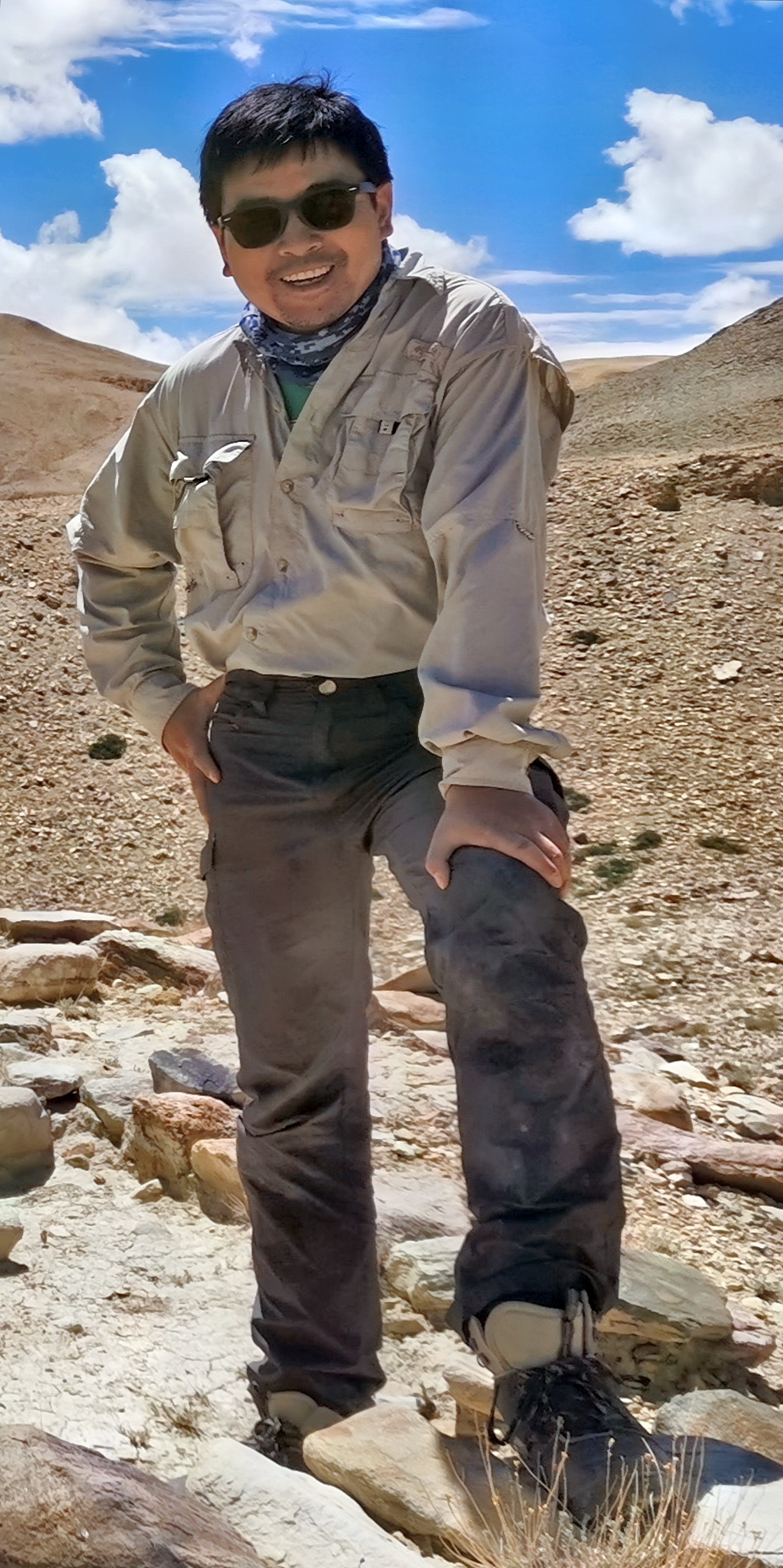
Hongliang LÜ
Representative for China
PhD (Professor, Department of Archaeology, Sichuan University, PRC)
Hongliang Lü, is currently a professor in the Department of Archaeology at Sichuan University and serves as the Dean of the School of History and Culture. He received his Ph.D. in archaeology from Sichuan University in 2007, and before that he was a research student at the Chinese University of Hong Kong (2003-2006). He was appointed to lecture of the Department of Archaeology at Sichuan University in 2008 and has been a visiting scholar at the Harvard-Yenching Institute, Harvard University (2009-2010), and the Macdonald Institute of Archaeology, Cambridge University (2012). He has a keen interest in the mountain archaeology of pre-Empire of East Asia (from Late Paleolithic hunter-gatherers to Early Iron Age nomads).Prof. Lu has led or participated in many important archaeological excavations on the Qinghai-Tibetan Plateau and the Southwest Mountains, published more than 5 monographs and over sixty papers in Chinese and international journals , and has been selected for the Young Scholar Award issued by the First Chinese Archaeology Conference (2016), as well as for the Young Changjiang Scholars Program of the Chinese Ministry of Education (2018).
Contact: scottscu@gmail.com
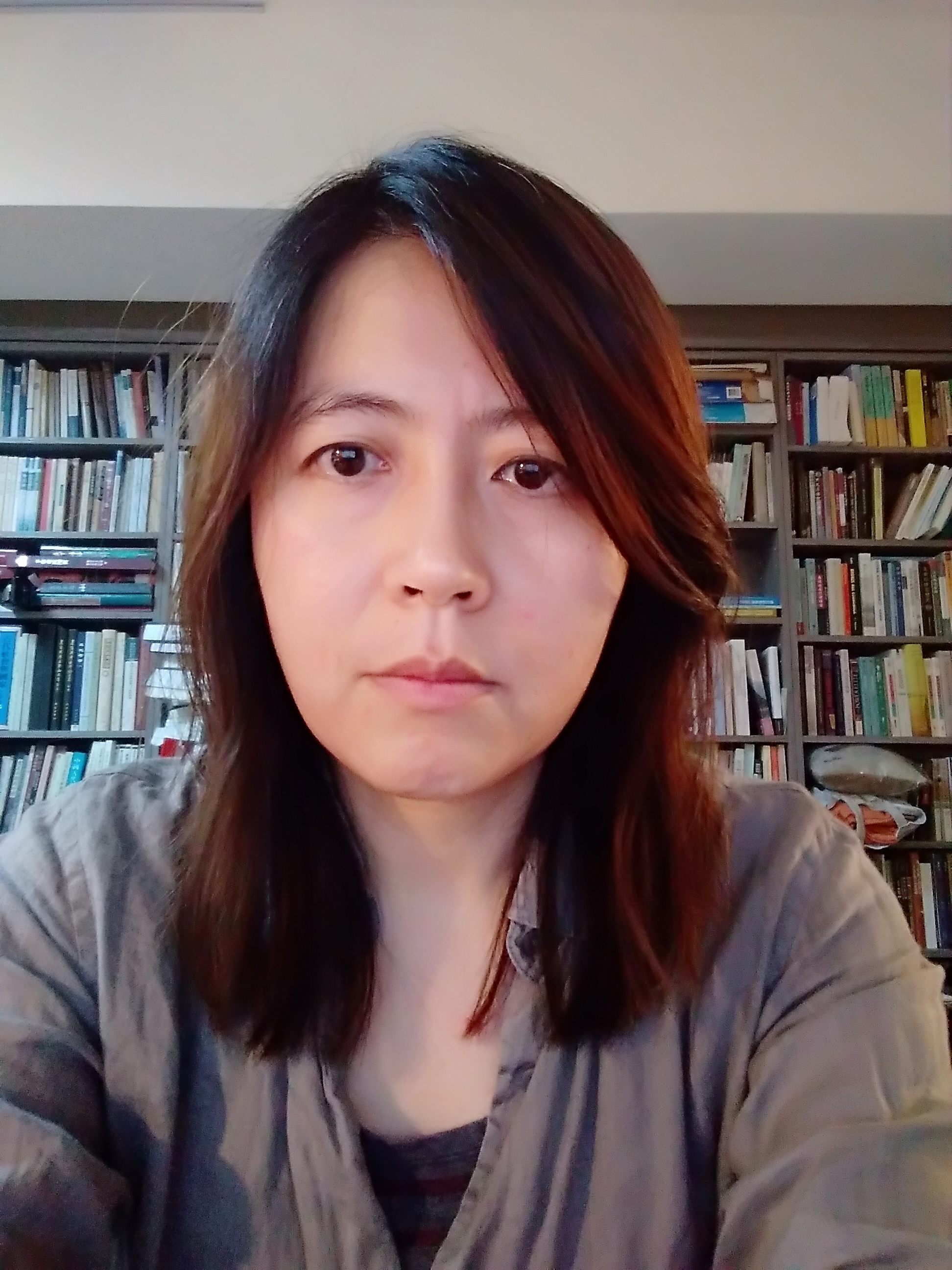
Kuei-chen LIN
Representative for Australasia
PhD (Assistant Research Fellow, Institute of History and Philology, Academia Sinica, Taiwan)
Kuei-chen Lin is an assistant research fellow/professor at the Institute of History and Philology, Academia Sinica. She received her PhD degree from UCLA in 2013. Her research focuses on craft production and its relationships to social complexity during the late Neolithic and early Bronze Age in the southwestern China, especially how multiple social groups managed their tensions and social conditions through craft and ritual activities. She is interested in identifying the presence of diverse social groups, for example, through divisions of space, technological traditions, and subsistence and dietary patterns. Recently, she also conducted archaeological survey concerning the settlement patterns of the Bunun people in the mountain areas of Taiwan.
Contact: kueichenlin@mail.ihp.sinica.edu.tw
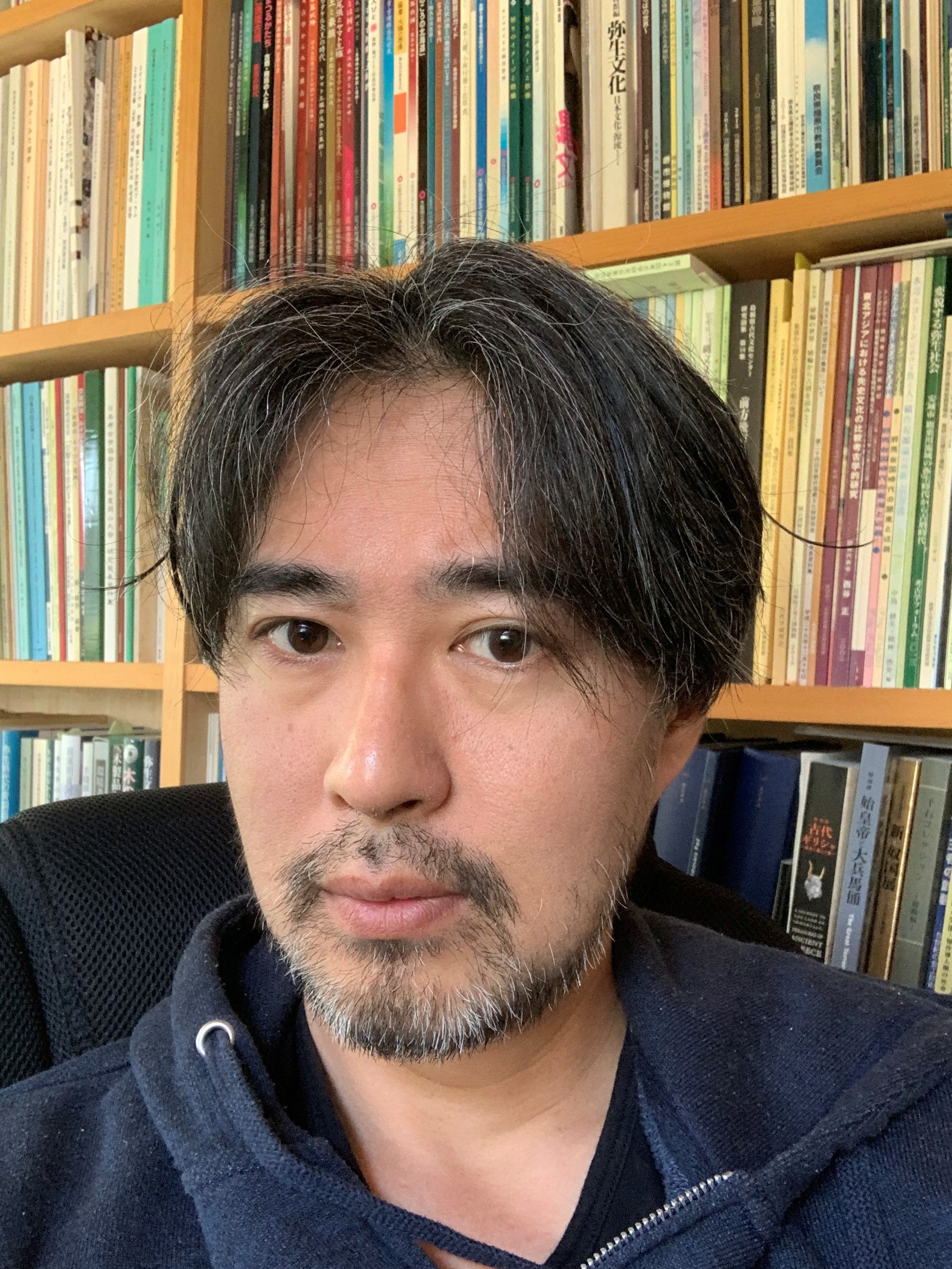
Daisuke NAKAMURA
Representative for Japan
PhD (Associate Professor, Saitama University, Saitama, Japan)
Daisuke Nakamura is an associate professor at Saitama University Graduate School of Humanities and Social Sciences in Japan. His research subject is interactions in East Asia from 2000 BC to 300 AD. Recently, he has been involved in a project on the formation of nomadic societies on the Mongolian plateau and is interested in the interaction between cultures with different subsistence bases.
Contact: dice12d@hotmail.co.jp
Ariane PERRIN
Representative for Europe
PhD (Centre for Korean Studies, Paris, France, and Ca' Foscari University of Venice, Italy)
Ariane Perrin is an art historian with a Ph.D. in Korean Art and Archaeology from the School of Oriental and African Studies (SOAS), University of London. She lectures in Korean Studies in the department of Asian and North African Studies at Ca’ Foscari University of Venice. Her research focuses on early tomb mural art and architecture in East Asia and in particular on the Koguryo painted tombs located in Northeast China and in North Korea, and on the geopolitics of the return of Korean cultural properties kept abroad. She serves on the board of the European Association for Asian Art and Archaeology (EAAA) and on the editorial board of EAAA for the « European Studies in Asian Art and Archaeology » Monograph Series, Leiden, Brill. She published about the Koguryo kingdom in Arts Asiatiques (vol. 71, 2016), in Mark Byington ed., The History and Archaeology of the Koguryŏ Kingdom, University of Hawaii Press (2016), and about “Museum Collections of Non-Western Art: Constitution and Restitution Today”, Perspective (collective, 2018). She is the co-author and co-editor of the book Le Koguryŏ, un royaume de l’Asie du Nord-Est_Données épigraphiques et archéologiques (forthcoming 2022).
Contact: aperrin79@gmail.com
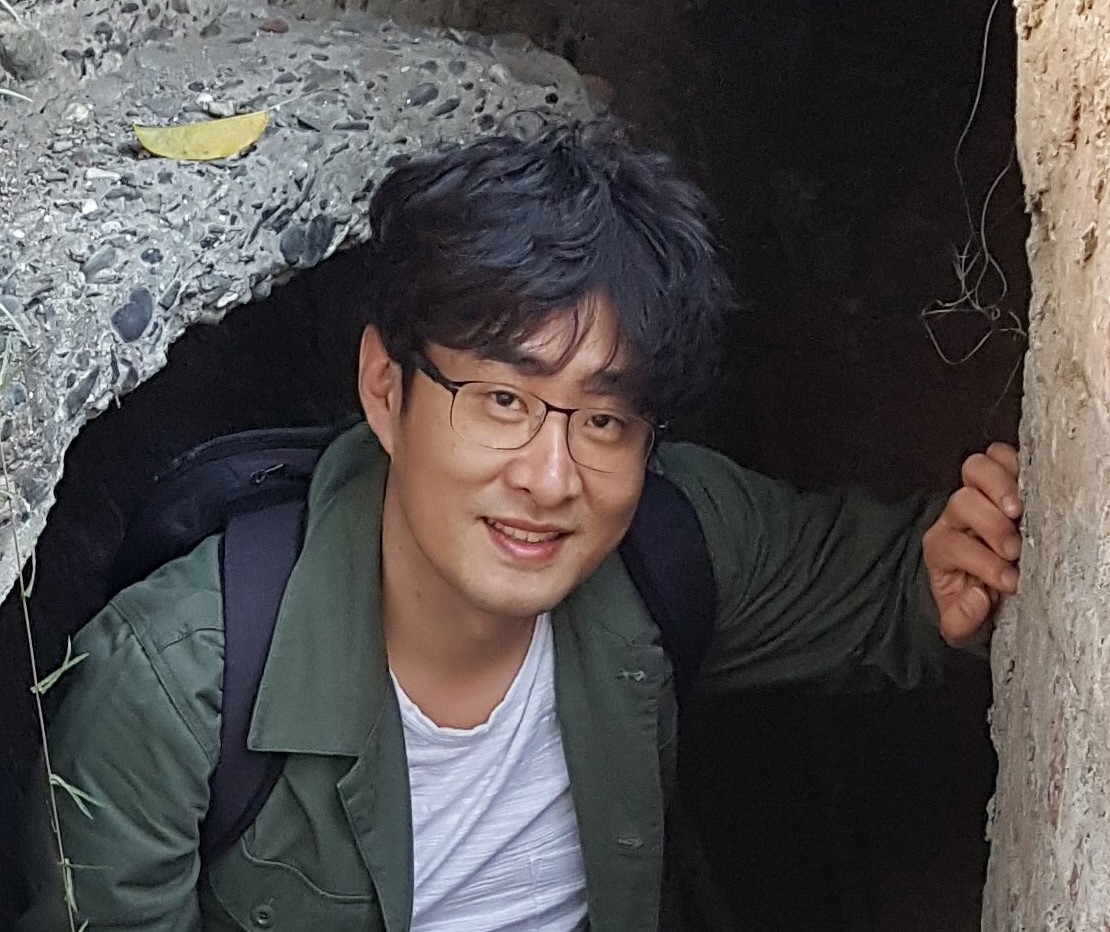
In Uk KANG
Representative for Korea
PhD (Kyung Hee University, Seoul, Korea)
In Uk Kang (姜仁旭) received his bachelor's and master's degree from the department of Archaeology and Art History at Seoul National University. He also earned a Ph.D. from the Institute of Archaeology and Ethnology at the Siberian Branch of the Russian Academy of Sciences. He currently works as a professor in the Department of History at Kyung Hee University and serves as a director of Institute of Korean Archaeology and Ancient History (IKAA www.ikaa.or.kr ). His wide interest lays on Xiongnu and bronze age of Siberia and Northeast Asia, and also devotes himself in the historiography of Korean archaeology. Every year, he visits Russia, Mongolia and Central Asia to investigate new archaeological data.
Contact: kanginuk@khu.ac.kr
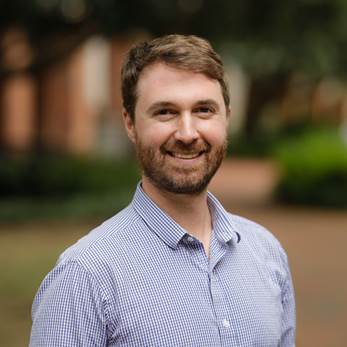
Andrew WOMACK
Representative for North America
PhD (Asian Studies and Anthropology, Furman University, USA)
Andrew Womack is an anthropological archaeologist whose research focuses on early China. Prior to joining the faculty at Furman in 2020, Andrew received his PhD from Yale University in 2017, was a Visiting Faculty Lecturer at McGill University in Montreal from 2017-19, and then worked as a postdoctoral scholar at the Stanford University Archaeology Center from 2019-20. As Associate Director of the Tao River Archaeological Project (TRAP), an international collaboration between Chinese and North American institutions, he coordinates research on the intersection of technological, social, and climatic change at late Neolithic and early Bronze Age (3200–1500BC) sites in northwestern China. Using a mixture of geophysical survey, excavation, and ceramic analysis he is mapping the development of interaction networks that allowed for some of the earliest transfers of goods and technologies between China and Central Asia along the proto Silk Road. He is also expanding his research across northern China with recent work at the early Bronze Age city of Shimao, one of the most important recently discovered sites in the country.
Contact: andrew.womack@furman.edu
